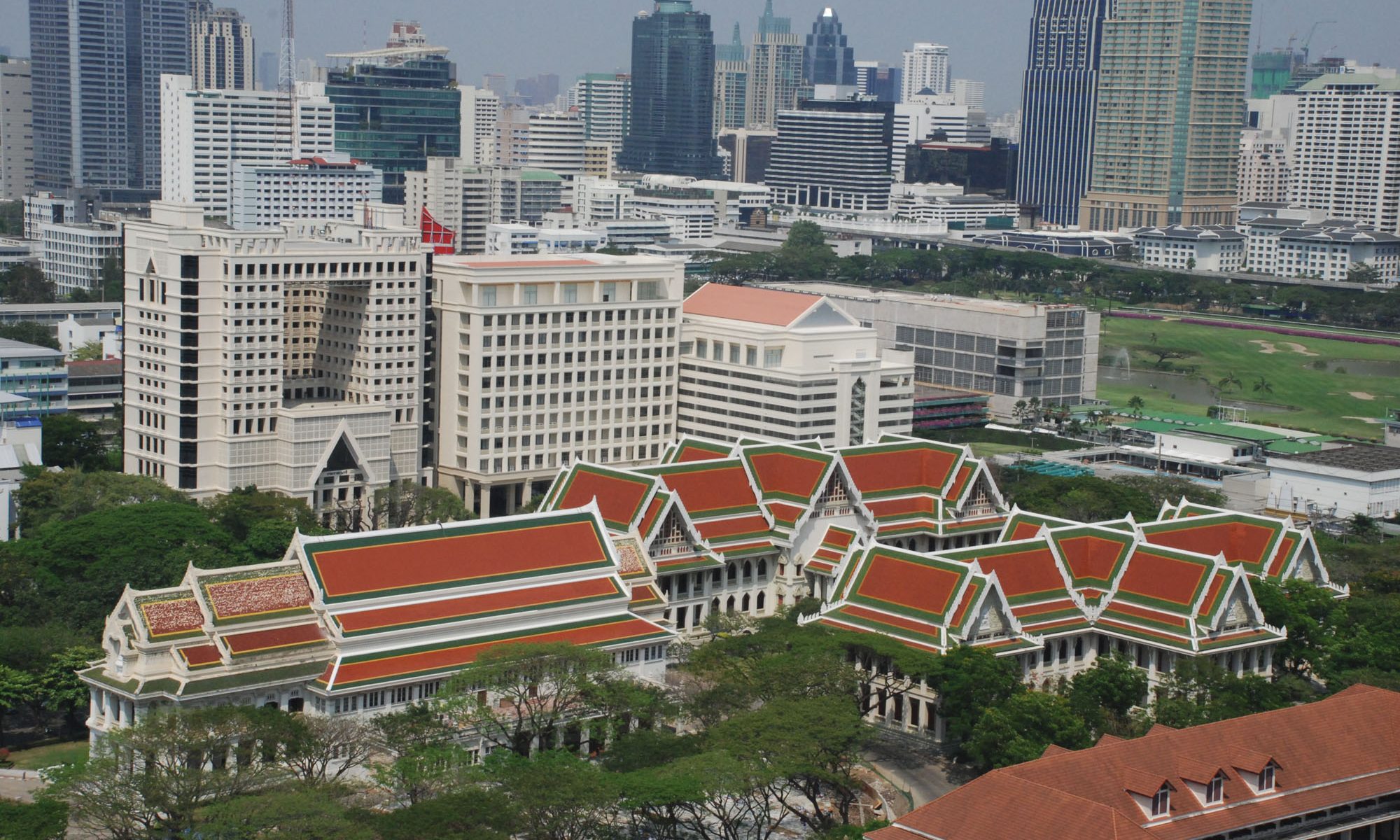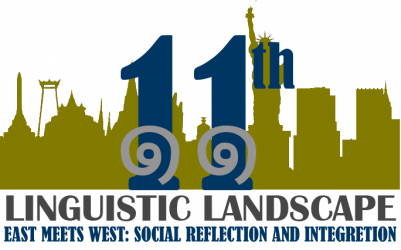Morning session (9 AM – 12.30 PM)
Introductions
A warm-up activity that invites participants to get to know each other and the diverse interests and motivations that brought them to LLXI.
Orientation
A brief overview of the goals and structure of the workshop, followed by a short history and overview of Linguistic Landscape Studies, with emphasis on the LLXI workshop themes of identity, diversity and cultural change.
Individual Project Work I: Generating Questions
A small-group activity in which participants introduce their own research and teaching contexts and activities to each other. Participants will generate key questions that pertain to their interests and practice; these will be discussed, refined and developed throughout the day’s activities.
Working with the Concepts I: Languages in Place
The first of three “Working with the Concepts” sessions combining lecture, hands-on activity, and discussion activities, this session introduces a fundamental concern of the field of Linguistic Landscape: the relationship between language, space, and place as observed and documented in the physical landscape.
COFFEE BREAK
Working with the Concepts II: Linguistic Landscapes in Time
In this second “Working with the Concepts” session, a combination of lecture, hands-on activities and open discussion takes up the qualitative turn in Linguistic Landscape Studies of the past decade. Participants will engage with ethnographically-inspired methods that allow LL researchers to ‘read beyond the text’ into history, culture, and lived experience in place.
LUNCH
Afternoon session (1.30 PM – 5 PM)
Working with the Concepts III: Thinking, Feeling, Acting Landscapes
This session introduces several recent strands of research in Linguistic Landscape Studies that move beyond the documentation of linguistic objects and behaviors in public places, and toward the diverse, sometimes invisible ways that people use to make sense of themselves and each other in place. Hands-on activities reflect this diversity, with options for participants to work with topics such as affect and embodiment, virtuality and mobility, protest and social transformation, and imagination and memory.
Individual Project Work II: Taking the Next Step
Having engaged in this series of thematic exercises and discussions, participants return to their individual questions and projects. Participants work in groups by area of interest, in order to support each other in applying lessons and articulating next steps in an actionable plan for research, teaching, or project development. The session concludes with short individual presentations and discussion.

